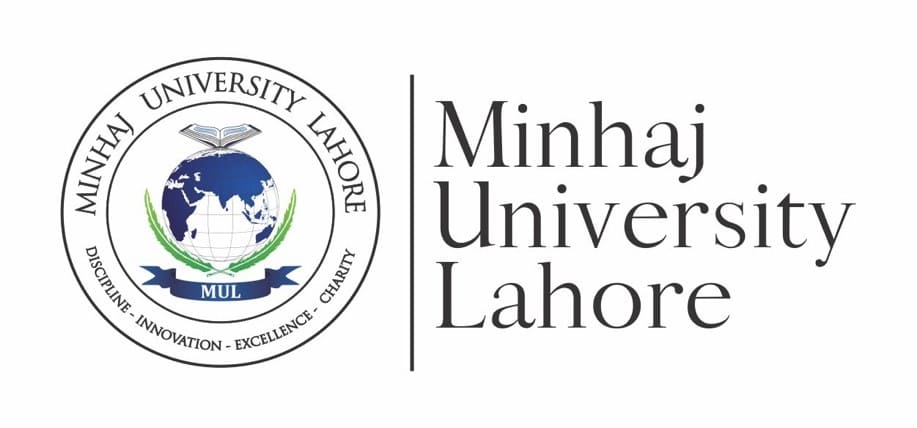A Comparative Behavioral Investigation into Trust and Reciprocity using the Trust
Abstract
This paper discusses the importance of trust to economic transactions and risk-mitigation, and
investigates the degree of compliance of individual behaviors to engender trust and
reciprocity, through a behavioral approach, to understand the pervasiveness of such essential
economic ethic in everyday economic transactions.The methodology of this study assesses
the behavior of the subject pool (players representative of Muslims and non-Muslims)
through a Trust Game that was designed to test how entrenched trust and reciprocity are in
modern societies. The game is an experiment in decision-making to measure trust in
economic decisions and to demonstrate that trust is as fundamental to economic transactions
as self-interest. The concept of trust and reciprocity can be complex when taken into account
its relationship with risk that is not readily quantified, especially in a highly uncertain
situation. For this experiment, in terms of trust and reciprocity, both Muslims and non- Muslims performed well, although Muslims performed a little bit better than non-Muslims.
There were no significant differences between the primed and unprimed subjects. While
empirical studies have demonstrated the importance of trust and ethics in economic
development, they do not demonstrate how deep religious understanding in human behavior
for mutually beneficial decision-making. This paper attempts to address this concern so as to
use religious values in productive economic behaviors, like mitigating risk in uncertainty
through trust and reciprocity in risk-sharing. This paper provides an actual behavioral
investigation into how people behave in real life as compared to what their religion prescribes
to them.
Downloads
Published
How to Cite
Issue
Section
License
Copyright (c) 2021 HAZIK MOHAMED

This work is licensed under a Creative Commons Attribution-NonCommercial 4.0 International License.









